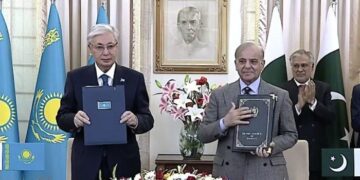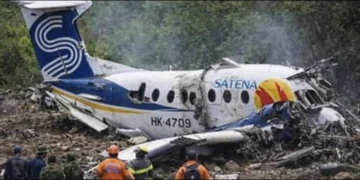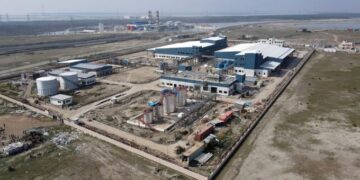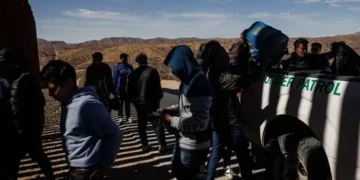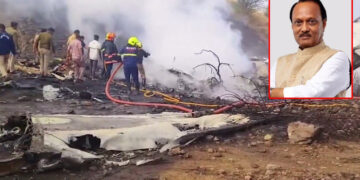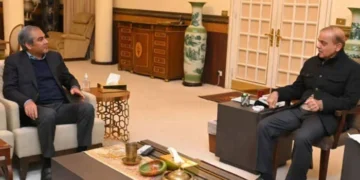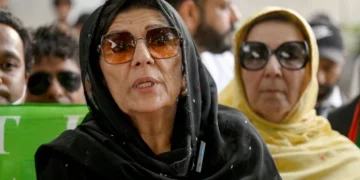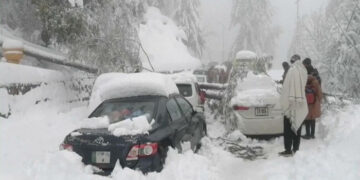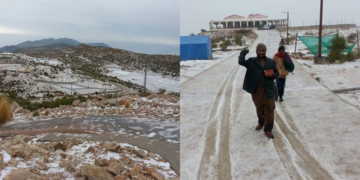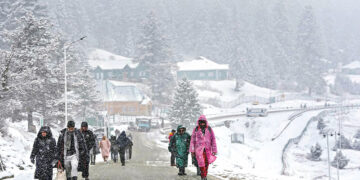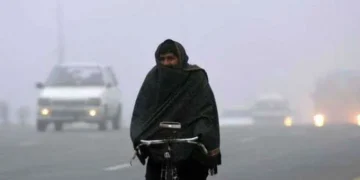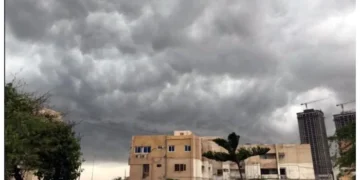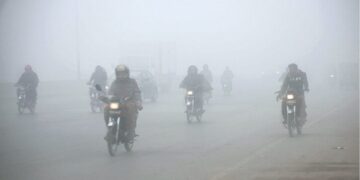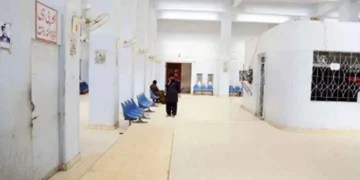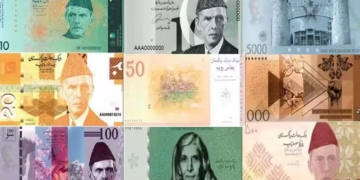Islamabad: The World Health Organization (WHO) has decided to maintain the travel restrictions imposed on Pakistan.
According to details, the WHO’s Emergency Committee on Polio has recommended an extension of travel restrictions on Pakistan, resulting in a further three-month extension of the conditional international travel limitations.
The 41st meeting of the WHO’s Polio Emergency Committee was held on March 6, attended virtually by officials from polio-affected countries. The meeting reviewed the global spread of polio and assessed the situation in Pakistan, including reported cases and government efforts.
According to the WHO statement, Pakistan and Afghanistan remain key sources of global polio transmission, with both countries identified as primary drivers of wild poliovirus spread. However, WHO expressed confidence in Pakistan’s ongoing polio eradication campaigns.
The statement emphasized the need for improvement in polio measures at the provincial and district levels in Pakistan, highlighting a sharp rise in polio-positive sewage samples. From 2023 to 2024, polio cases in Pakistan increased twelvefold, and 628 polio-positive sewage samples have been reported in 2024 alone.
WHO noted that several regions in Khyber Pakhtunkhwa (KP), Sindh, and Balochistan are considered polio-sensitive. Karachi, Peshawar, and Quetta blocks have been identified as major centers for Wild Poliovirus Type 1, with the virus also spreading across central and southern Pakistan.
The organization expressed serious concern over the continued spread of the virus in both Pakistan and Afghanistan, noting that these two countries are now the last strongholds of the wild poliovirus. The virus’s persistence in Pakistan, even during the low transmission season, has raised questions about the quality of vaccination coverage.
WHO directed Pakistan to ensure effective anti-polio campaigns in sensitive areas. The statement revealed that virus transmission between Pakistan and Afghanistan is occurring through southern KP and the Quetta block, where the YB3A4A cluster is rapidly spreading.
The organization added that unvaccinated children in Afghanistan pose a threat to Pakistan, and cross-border movement is contributing to the virus’s spread. Displaced Afghan refugees are also facilitating the transmission, making it essential to enhance vaccination efforts at the Pakistan-Afghanistan border.
WHO also voiced concern over attacks on polio teams in southern KP and Balochistan. The statement noted that due to security threats and local boycotts, thousands of children missed vaccinations. In the final campaign of 2024 alone, 200,000 children in southern KP and 50,000 in Quetta block were left unvaccinated.






